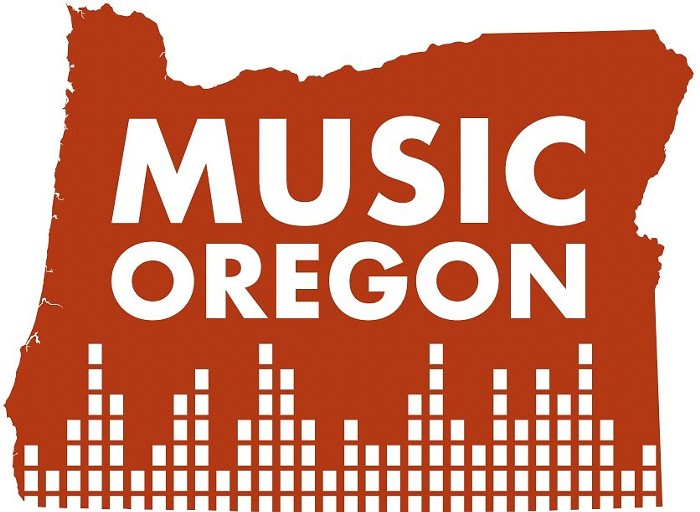Ashlee Simpson
Wed Sept 21
Roseland
8 NW 6th
As we are largely the source of their wealth, fame, and eternal happiness, it fits that the American public feels like self-appointed stockholders in the corporation of each celebrity—and as in business, sympathy is something that popular culture rarely affords its most prominent warriors. If they're lucky, public figures are under constant barrage from the public's limitless sense of entitlement all the way up until the day they die—at which moment they become instantly revered as beautiful, tragic candles in the wind. As a person who takes great joy in this sort of cultural inanity, I don't necessarily disagree with this long-held system of reviling/revering celebrities. It does lead me to sort of an interesting question, however: As one of the most unfairly condemned celebrities of the last year, what would become of Ashlee Simpson's cloudy legacy were she to just up and die on us?
As hard an idea as it is to sell to most people, I've always sort of viewed Ashlee as one of contemporary pop culture's most tragic figures—one whose career has only served to complicate her already troubled existence. To begin with, Ashlee was born into what amounts to little more than a show business brothel—her then-penniless Baptist minister father had already spent five years priming the pump for his first daughter's eventual fame, and with Ashlee's arrival, developed a plan for a franchise. The younger Simpson spent much of her early life in the shadow of her toothy elder sibling (a rejection pitifully documented in her much ignored second single "Shadow," in which she unconvincingly reassures us "everything is cool now")—who, under Papa Joe's bizarre management/tutelage, was slowly transitioning from a chaste Christian pop singer to secular sacrificial virgin. After Jessica's career went double-Ds up, however, Joe convinced his eldest and her husband to spend their last coffers of dignity on the middling fame of a reality show. After the show surprisingly revived his daughter's career, Joe convinced MTV to take his other little girl on as well—persuading Ashlee to give up her floundering acting career for a shot at tone-deaf pop stardom. Oh right—and Papa Joe eventually got a record label out of the deal.
It was, of course, through the Ashlee Simpson Show's tireless documentation of her initial stumblings in the music industry that most of us met the tragic young starlet—desperate to escape the shadow of her sister, and determined to make something as "real" as her bizarre, sheltered upbringing could muster. "Reality" by way of middling, manufactured pop punk rebellion was an absurd prospect of course, but Ashlee's sincerity throughout the taping was difficult to question: This wasn't just some teen pop fantasy—in her stiflingly limited world view, this was a bold, brash, artistically relevant way to finally step away from Jessica. And if it wasn't for her hopelessly unruly stomach bile, she might have had a shot.
All right, so maybe not. Whatever the case, because she submitted to the startlingly common practice of lip-syncing during a television performance, she unfairly became the center of a largely comical debate about degrees of authenticity among teen starlets. And then 76,000 people at the Orange Bowl booed her. And then she dated Ryan Cabrera.
So maybe even in death it'd be a little difficult for most to feel sympathetic for a 20-year-old with her own house, a Land Rover, and a triple-platinum debut record. But ask yourself: Would you want to be in Ashlee Simpson's shoes? One thing is certain, however: Ashlee—I will mourn for thee.


















